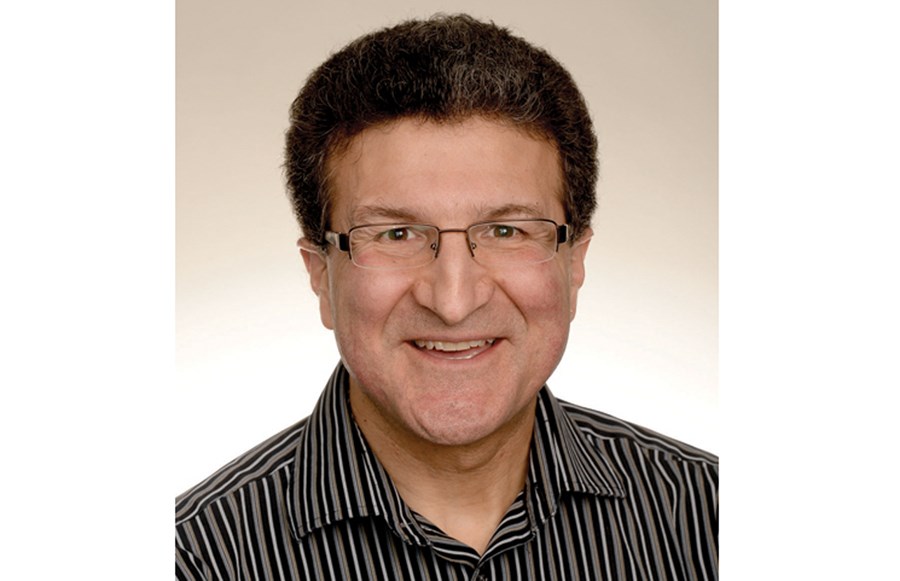According to Earl Nightingale, 92 per cent of a person's worries are absolutely unnecessary. We worry about things that will never happen, things that happened in the past that we can't change, things that never happen, we worry about our health, and we worry about simple, petty things. Many of the legitimate worries we can do nothing about, so the real worries that we can legitimately solve are actually few and far between.
Many years ago, I was given the opportunity to study in the Philippines. Being in my late teens, I was worried about many things. What if I got sick? What if I couldn't adapt to the language and culture? What if people didn't like me? What if ...? A wise friend of mine who had once lived in the Philippines said to me, "I'd like to tell you not to worry, but I know that you still will. Go ahead and worry, but go, face your fears and prove to yourself that you really had nothing to worry about in the first place."
I spent an amazing year in the Philippines. All of my worries simply vanished. I remained healthy, I learned amazing things about Filipino culture, I made many good friends, and I grew as a person in ways that I had never imagined. The experience changed my life. What a tragedy it would have been had I given in to my worries!
As Earl Nightingale points out, not all worry is unnecessary. In fact, worry can be a good thing and it can motivate us to make positive changes in our lives. If we're worried about our health, perhaps we have good reason. Are we eating right? Are we getting enough exercise? Are there changes that we need to make? If we're worried about our finances we can ask ourselves similar questions. Can I do better at my job? Is there another line of business that I should be looking into? Should I further my education? If a storm is coming, worry tells me that I need to prepare, that I need to get myself out of danger. These are all important points to consider.
So much worry is unnecessary, however. How do we know the difference? We ask ourselves, "Can I do anything about this?" If the answer is no, then let it go. If we ask, "How likely is it that this will actually happen?" If the answer is "very unlikely", then we can let that go too. Ultimately, it all boils down to faith, which is the opposite of fear. If we do our best to live good lives, things generally turn out well. If things do not, we find that we have the capacity within us to deal with those issues and turn them into learning experiences.
In reflecting back on his life, Mark Twain gave us good food for thought when he said, "I've had a lot of worries in my life, most of which never happened."



